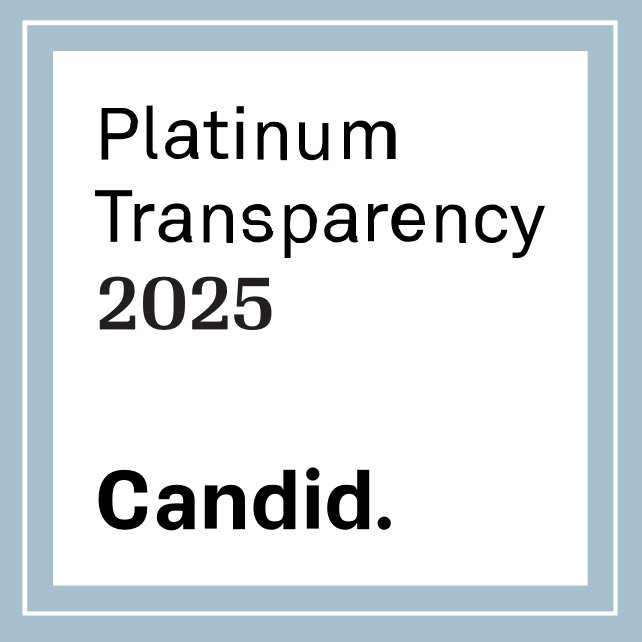Health Justice Overview
Realizing institutions don’t work for you but against you is the first step of healing and saving your community.
In service to RYSE's Theory of Liberation, the Health Justice works across various areas and issues that range from Food Justice to LGBTQQI awareness and advocacy to hospital-linked violence intervention and case management.
All of these areas are informed by youth and community-identified priorities and needs. Programs and supports are implemented within public health and community organizing frameworks. Across all programs and supports, we address the social determinants of health and root causes of dis/ease in order to enliven healing, wellness, and justice for our communities.
Health Justice Programs
Tune In Tuesday: An open, safe space for young people to learn various Health and Wellness skills that will increase mindfulness, understanding breathe work, and self-care practices to grow our personal thresholds for stress management. Some activities will include, mindful eating, yoga/mindful movements, and sound bowl meditations.
Alphabet Group: The Alphabet Group is a safe space for LGBTQQI (Lesbian, Gay, Bisexual, Trans*, Queer, Questioning, Intersex) youth to dialogue about their experiences and identity. Youth engage in topics ranging from healthy sexuality, education, advocacy, allyship, academic and career opportunities, and current issues in the community. It is also a general resource to all RYSE members to learn about topics such as gender justice and sexuality.
Sister Circle: A safe space where female-identified youth feel safe in expressing their feelings, thoughts, and goals. It is a space where young identified women and girls can practice the cultivation of their self-esteem and community building. This space supports participants in strengthening their capacity to show up as youth leaders in the group and center. Throughout member’s participation in this group, they will be invited to participate in various creative arts activities (i.e. art, candle making, writing, video) that will strengthen their self-expression and empowerment.
Young Men’s Group: A group space where male-identified youth come together to build safe relationships through storytelling, healthy conversations, and activities that highlight important topics that impact the lives of young men such as fears/worries they have, and how violence impacts their lives. Additionally, we focus on how male-identified youth freely express love to all people, advocate for their health and wellness while developing their leadership skills.
Let’s Talk About Sex: Let’s Talk About Sex provides a space for youth to learn about and develop healthy sexuality and sexual health practices.
RYSE Restorative Pathways Project (R2P2): R2P2 provides mentoring and intensive case management for young people ages 12-24 who have experienced lethal injury by gun violence, stabbings, and assaults. Participants in this program reside in and/or were injured in Richmond and West Contra Costa.
Case Management and Individual Counseling Services: RYSE provides trauma-informed individual counseling and individual case management to young people. RYSE Counselors work in collaboration with individuals to identify and work toward goals around personal health and wellness, increased self-empowerment, and/or ways to process trauma and stress. Services can be accessed in multiple ways: Members can approach any staff directly for such supports and they will be directed to the appropriate staff, partner agencies may refer young people to RYSE, and family or kin may bring their young people to RYSE to set up supports.
Health Justice Core Principles
Systems and adults responsible for young people are safe, loving, welcoming, and responsive.
Systems, both in policy and practice, are responsive to the priorities and needs of young people as defined by young people.
Young people feel loved.
Young people have the emotional, physical, and political safety to acquire tools, skills, and resources they need to understand and change inequities.
““RYSE has become my safe haven, for once I am not met with laughter when I speak my truth or speak my vision. Here I am encouraged to aim high, not only in my personal dreams but also in my fight for social change. Everyday being at RYSE I am reminded of the beauty, brilliance, and resilience that our communities bring. I am reminded that I am loved in my entirety. I am reminded that I am not the joke.”
”
Health Justice Resources
If you are currently experiencing an immediate crisis, contact the Contra Costa Crisis youth hotline at 800-833-2900. This hotline is available 24 hours a day, everyday. If you'd like to come talk to one of our counselors, or just want to get some more info, please stop by, or call us at 510-374-3401.
RYSE strives to be a space that meets the needs of Richmond and West Contra Costa County youth. For those who are unable to access the Center or whose needs are beyond the scope of our services, we offer these additional resources.
Looking for more information?
CONTACT A MEMBER OF OUR PROGRAM STAFF:
Kanwarpal Dhaliwal, Associate Director
Fahima Zaman, Health Justice Program Manager
Alexa Aguilar-Castañeda, Health Justice Program Coordinator
Lulu Fierro, Health Justice Program Assistant
Bryan Benavides, Health Justice Program Assistant
CONTACT A MEMBER OF OUR CLINICAL STAFF:
Jen Leland, Clinical Director
Alicia Montgomery, Clinical Supervisor
Lalis Vasquez, Mental Health Program Manager
Francesca Osuna, Bilingual Therapist
Diana Escamilla, Bilingual Therapist
Mozell Ward, Therapist
Anel Rodriguez, Health Justice Intervention Specialist
Ashanti Taylor, Health Justice Case Manager
Oriana Ides, Clinical Specialist
Randy Joseph, Housing Justice Program Manager
Gemikia Henderson, Health Justice Case Manager
Seeyade Gizachew, Health Justice Care Navigator
GET INVOLVED
You can help us make the difference. Whether it's through time or money, find ways to support our Health Justice work.





